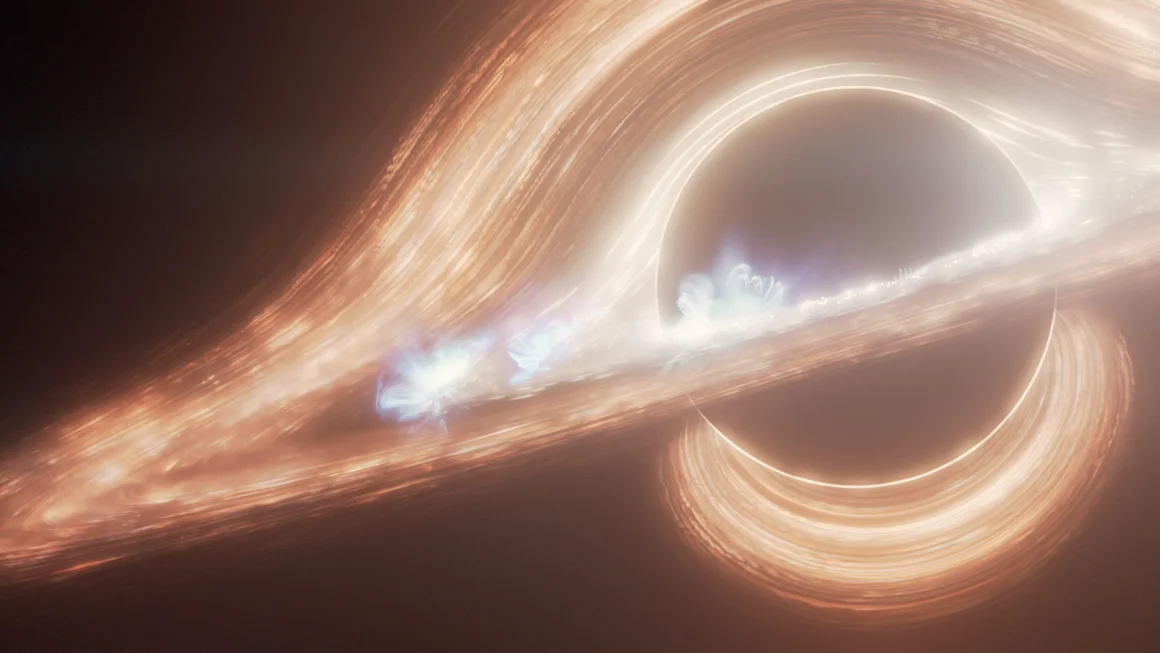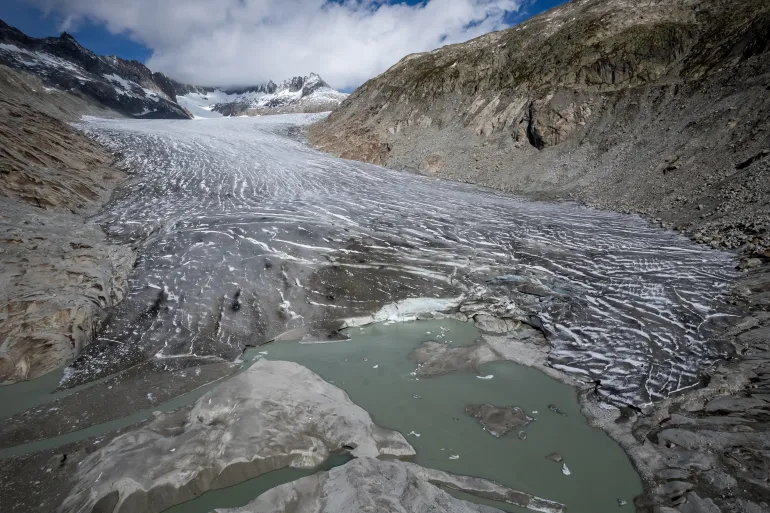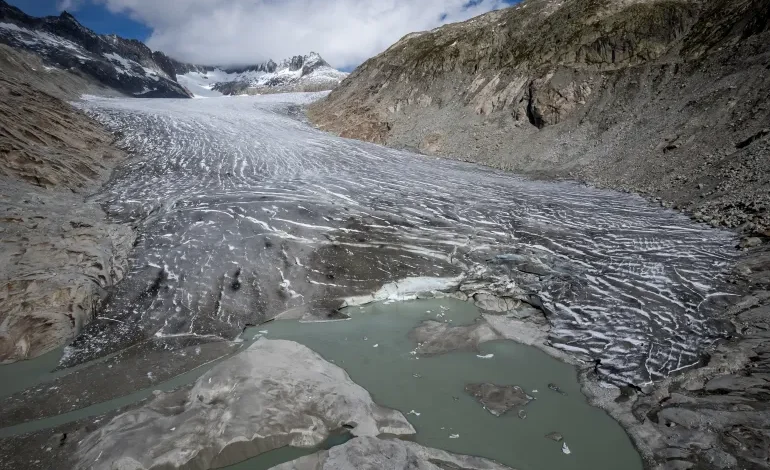A comprehensive new study published in the journal Nature reveals that ice loss from glaciers around the world has accelerated significantly in the past decade, Al Jazeera reports.
An international team of researchers found a sharp increase in melting, raising concerns about future sea-level rise.
The assessment, described as a first-of-its-kind global analysis, compared ice loss between the periods of 2000-2011 and 2012-2023. The study found that ice loss increased by approximately 36 percent in the more recent period.
Michael Zemp, a professor at the University of Zurich and a co-author of the study, noted the findings are concerning, indicating that some regions with smaller glaciers are experiencing rapid ice loss, potentially leading to their disappearance within this century.
The research indicates that the world’s glaciers have lost approximately five percent of their total volume since 2000, with regional variations. Antarctica experienced a two-percent loss, while the European Alps saw a loss of up to 40 percent.
On average, glaciers are losing around 273 billion tonnes of ice each year. Researchers note that this amount is equivalent to the annual water consumption of the world’s population for 30 years.
The study was a collaborative effort coordinated by the World Glacier Monitoring Service (WGMS), the University of Edinburgh, and research group Earthwave. It combines field measurements and satellite data to establish a “reference estimate” for tracking future ice loss trends, providing a valuable baseline for monitoring changes in glacier mass.








